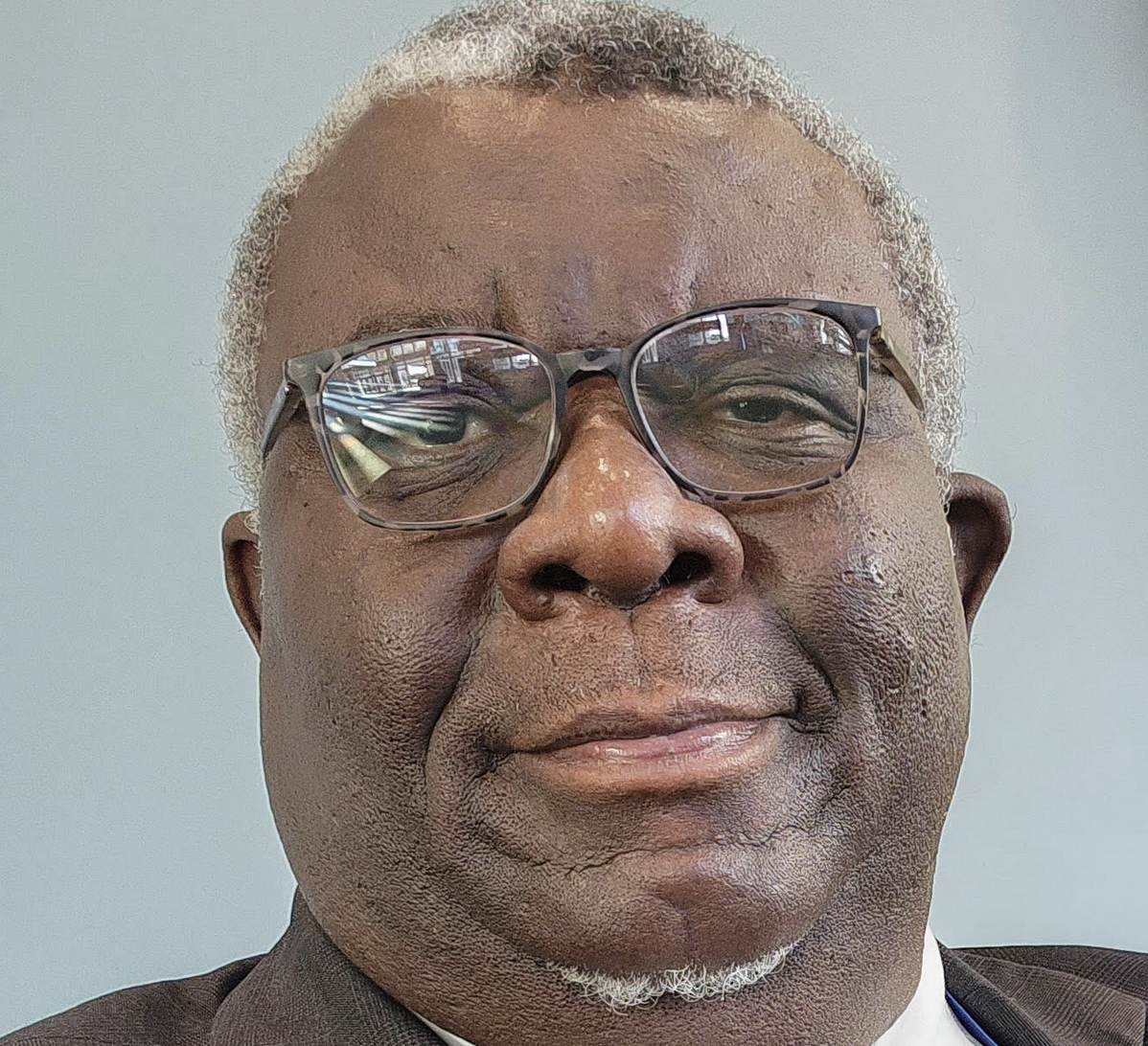By the end of this month the British Government will have a somewhat more accurate idea of just how successful their Eat Out to Help Out scheme has been in sustaining businesses and protecting employment.
From 3rd until 31st August on every Monday, Tuesday and Wednesday (traditionally the quieter dining days), Brits can get a 50 per cent discount, up to a maximum of GB Pounds 10 per person, when you eat-in at one of the over 83,000 restaurants that have so far registered.
Usage does not require a voucher, can be used as many times as you like and is combinable with other available offers and discounts.
There is no minimum spend.
The discount cannot be claimed on alcoholic drinks or service charges and is automatically available at all participating establishments, which include restaurants, cafes, pubs, food halls, work and school canteens, who in-turn are reimbursed by the Government.
Consumers can easily find those that have already signed-up, within a 5 mile radius of their residence, simply by entering their postcode.
The United Kingdom HM Revenue and Customs stated that it had received over 10.5 million claims under the scheme up until 9th August with the average claim for around GB Pounds 5, which would until this date, bring the cost of this initiative to around GB Pounds 50 million.
British Chancellor Rishi Sunak reported ‘the scheme has served a huge 25 per cent increase in people going out’ and that GB Pounds 500 million has been put aside to pick up the bills for diners who patronize restaurants during the 13 eligible days in August.
This following the slashing of VAT rates from 20 to 5 per cent for all hospitality and tourism businesses until 12th January 2021.
Over 90 of the leading restaurant chains throughout the UK have signed up to offer this deal with most of the major brand names, applying substantial resources to ensure public awareness.
Will Beckett, co-founder of the Hawksmoor steakhouse group reported ‘that six of his restaurants had received a combined 15,000 bookings for the 13 days’ period.
Our policymakers have resisted so far, any obvious attempt to stimulate domestic tourism, for whatever reason.
Perhaps it is time to rethink this approach?
September, ‘normally’ one of the most challenging months of the year is just days away, while we continue to experience an increasing number of our restaurants announcing permanent closure.
For many of them it is truly heartbreaking, having spent in some cases decades, building their business.
From feedback, those closing mostly admit they can no longer sustain survival locally, citing the inability to continue paying rent, utility bills, land taxes or await further delays in the repayment of outstanding VAT refunds.




Leave a Reply to Wily CoyoteCancel reply